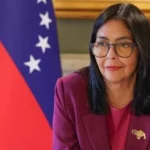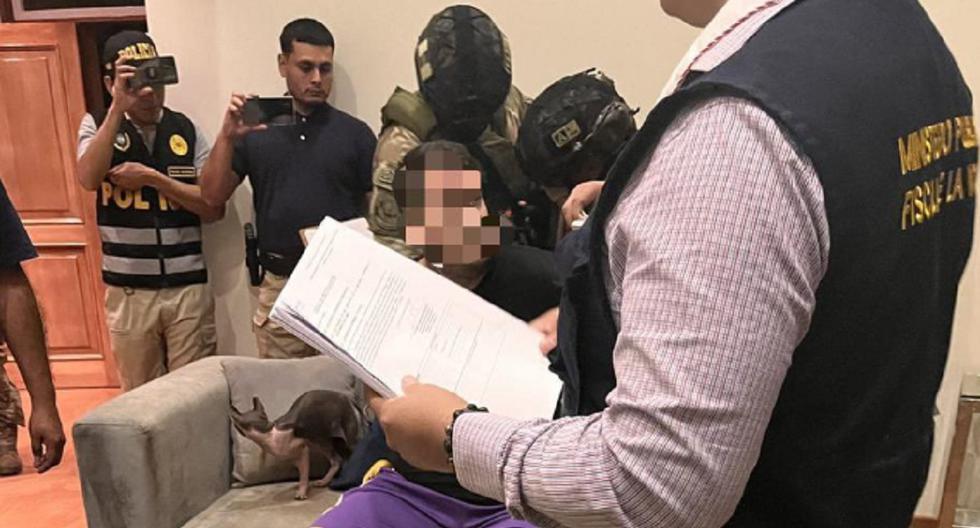Geneva, March 7 (EFE).- The UN high commissioner for human rights, Volker Türk, expressed today the concern that there is in his body about the increase in insecurity and instability in countries like Mali and Burkina Faso, while he welcomed the cessation of the open conflict in Ethiopia, although he cautioned that much remains to be resolved.
In a presentation of the global situation of human rights, Türk pointed out that the situation is particularly alarming in the central part of Mali and in the border area between this country, Burkina Faso and Niger, where armed groups take advantage of the hostility that exists between communities and the absence of the State to extend its influence.
As part of their strategy, these illegal groups carry out attacks against the population, although the UN is aware that the armed forces have also been involved in human rights violations, in certain cases in the company of foreign military agents.
Regarding Mali, the high commissioner said that the increase in threats against civil society and the media is also worrying, especially at a time when the country is entering an electoral period.
Türk continued his presentation to the Human Rights Council by noting that Burkina Faso is another source of concern. His office has registered 1,076 victims of human rights violations in the second half of 2022, mostly committed by illegal armed groups, although military operations are causing a growing number of victims.
What worries the UN is that the trend is negative since the number of victims of abuse doubled between last October and December.
“It is essential to reverse the trend of the unstoppable rise in violence, and that civil society and political parties can develop,” he requested.
From Ethiopia, he maintained that the cessation of hostilities has been complied with, but it is known that forces from the Amhara region and a foreign militia (affiliated with the central government) continue to act and violate human rights in Tigré, the region of the country that It has suffered an armed conflict of more than two years and in which an estimated 600,000 people have died.
Türk indicated that there also continues to be a presence of the Eritrean military – a country that supported the federal government in the war against the Tigré militia – in that region, where it is carrying out forced recruitment.
This practice – recalled the head of the UN – is equivalent to slavery and is the main factor in the exodus of Eritreans from their country.
















